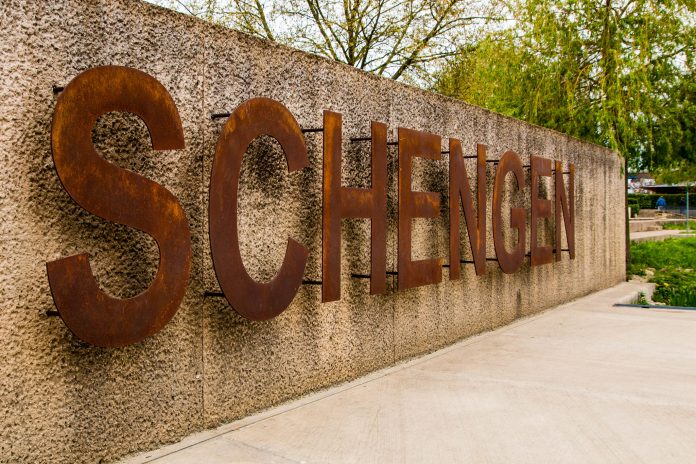EU ministers should admit Bulgaria and Romania to the border check-free Schengen area as soon as possible, the Civil Liberties Committee urges.
MEPs reiterated on Monday their call on EU Ministers to take a swift and affirmative decision on the accession of Bulgaria and Romania as fully-fledged members to the Schengen area.
They emphasize that a two-step approach – first ending checks at internal sea and air borders, followed by stopping checks at internal land borders – would pose a number of risks and could negatively impact the future enlargement of the Schengen area. The decision should therefore be taken in the form of a single legal act, say MEPs.
MEPs also call on EU Ministers to decide on Croatia’s Schengen accession as soon as Croatia has successfully met the required criteria.
Negative consequences of internal borders checks
Civil Liberties Committee MEPs underline that the Schengen area is a unique arrangement and one of the greatest achievements of the EU. The deferral of Bulgaria’s and Romania’s full accession has brought about negative consequences not just for the two countries, but also for the EU as a whole.
MEPs highlight that maintaining internal border controls or reintroducing them in the Schengen area undermines citizens’ trust in the European institutions and integration. It also has a negative economic impact on the EU’s internal market and exports and imports to and from Bulgaria and Romania, MEPs stress.
They also underline that the enlargement of the Schengen area or the free movement of EU citizens should not be negatively impacted by the shortcomings in other EU policies such as asylum and migration policy.
“Today, the Civil Liberties Committee reaffirmed that Bulgaria and Romania should become fully-fledged Schengen members, and rejected partial accession through air and maritime borders first, and then, eventually through land borders. This ‘two-step’ approach sets a dangerous precedent that not only lacks any legally sound justification, but also entails a number of economic, social and political downsides for the EU,” said Rapporteur Sergei Stanishev (S&D, BG).
Parliament gave its green light for Bulgaria and Romania to join the Schengen area in June 2011 and has reiterated its position several times following the legislative resolution.
Currently, Bulgaria and Romania apply the Schengen acquis partially and checks are carried out at the borders of the two countries. The final decision on whether the two countries can become part of the Schengen area has to be made through a unanimous vote in the Council by EU ministers.
The draft report was adopted by 36votes to 4 and 1 abstention. The Full House is expected to vote on this non-legislative report in December.

